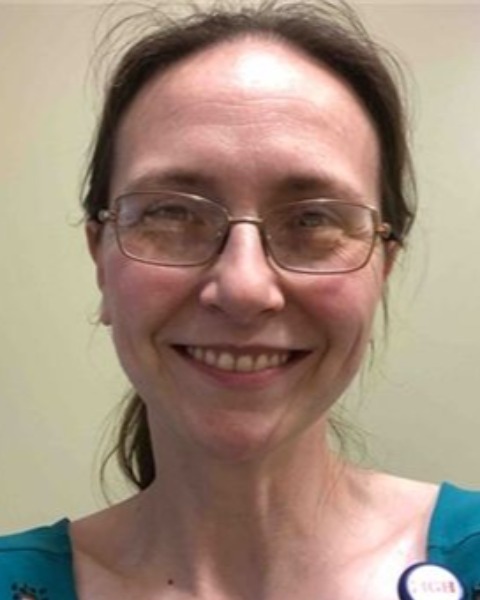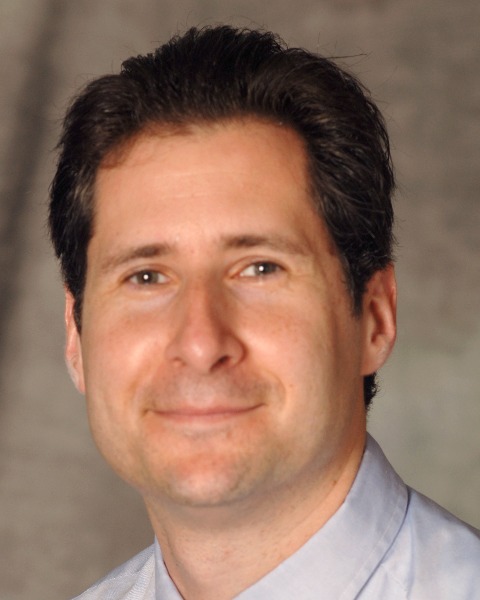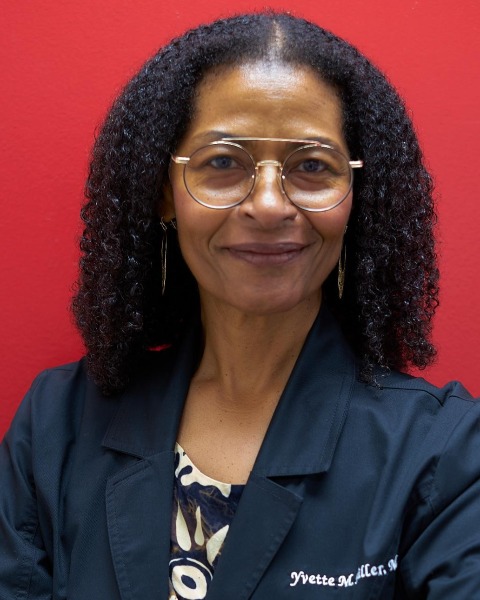Blood donation, Race and Transfusion Medicine: Looking Back to Move Forward
-

Patricia Brunker, MD, DPhil (she/her/hers)
Medical Director, Blood Transfusion Service Patient Services
Massachusetts General Hospital, Massachusetts, United StatesDisclosure(s): No financial relationships to disclose
-

Richard Haspel, MD, PhD (he/him/his)
Professor of Pathology
Beth Israel Deaconess Medical Center and Harvard Medical School
Boston, Massachusetts, United StatesDisclosure(s): No financial relationships to disclose
-

Yvette Miller, MD, ABIHM (she/her/hers)
Executive Medical Officer
American Red Cross
cornelius, North Carolina, United StatesDisclosure(s): No financial relationships to disclose
Program Chair(s)
Speaker(s)
Race is a sociopolitical and not biological construct. As such, the use of race-based algorithms and disease associations has caused demonstrable harm such as delayed kidney transplant referral and missed diagnoses. The field of transfusion medicine is not immune. The first speaker will discuss how modern population genetics provides important context for understanding the intersection of race and blood donation. The second speaker will describe the history of why many textbooks, journal articles, and board review resources have tables of blood group antigen frequencies divided by racial categories. Their use continues to lead to non-evidence-based practice, such as in the recruitment of blood donors. The final speaker will describe how, due to racial prejudice in the United States, donations from Black individuals were often refused at blood banks or segregated from other products, practices which lasted in some areas of the country until the 1970’s. The ramifications are still very relevant today as such episodes of medicine-related discrimination contribute to the distrust of the healthcare system by some in the Black community, with an effect on blood donation. To provide an interactive experience, polling will be used to gauge participant practice, thoughts, opinions, and guide discussion.
The goal is not to ignore race and ancestry but to understand context and consider ways for increased diversity, equity, and inclusion in our specialty. "Looking back" and understanding this history will allow us to “move forward” and improve patient care by increasing the diversity of the donor supply and promoting race-conscious medicine that recognizes the social consequences of racial prejudice and related healthcare disparities.
Learning Objectives:
- Recognize that, in the context of modern population genetics, that race is a social and not biological construct.
- Critically examine the association between blood group serology and race.
- Describe the history of racial segregation of blood products in the United States.
- Better practice race-conscious, as opposed to race-based, transfusion medicine.
